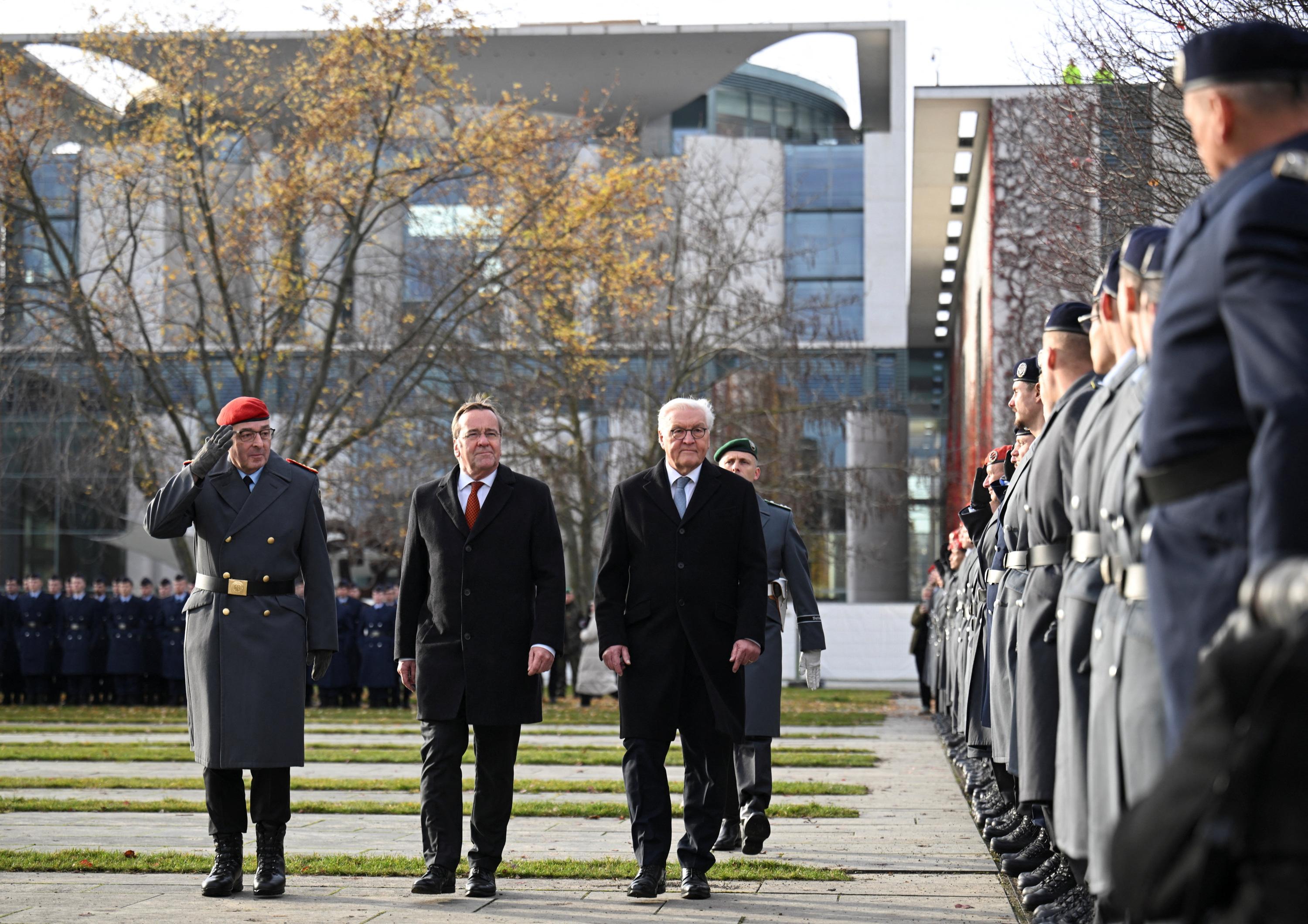Diplomatic Shift Leads to Boualem Sansal's Humanitarian Release in 2025
Franco-Algerian writer Boualem Sansal has been freed after diplomatic efforts by France, Algeria, and Germany led to his humanitarian pardon in November 2025.
- • Boualem Sansal was released from Algerian prison on November 12, 2025, after intervention by German President Frank-Walter Steinmeier and a pardon from Algerian President Abdelmadjid Tebboune.
- • French diplomacy shifted from a confrontational stance to collaboration, contributing to Sansal's liberation.
- • The release avoided the negative impact of a full year’s imprisonment and helped de-escalate tensions influenced by Morocco-Western Sahara issues.
- • Historian Benjamin Stora sees the release as a potential thaw in Franco-Algerian relations but notes significant remaining challenges.
- • Germany played a critical role both in Sansal’s release and in wider economic negotiations between Algeria and the EU.
Key details
Franco-Algerian writer Boualem Sansal was released from prison in Algeria on November 12, 2025, following a complex diplomatic effort involving France, Algeria, and Germany. Sansal had been imprisoned since November 16, 2024, and was granted clemency by Algerian President Abdelmadjid Tebboune for humanitarian reasons, with German President Frank-Walter Steinmeier playing a key role in advocating for his release and facilitating his transport to Berlin for medical treatment.
The liberation marked a significant change in diplomatic strategy, moving away from former confrontational approaches previously championed by politicians like Bruno Retailleau towards a more collaborative method, as emphasized by French President Emmanuel Macron and Minister Sébastien Lecornu. This softer approach also sought to ease escalating tensions between France and Algeria, which had been heightened by Macron's summer 2024 recognition of Moroccan sovereignty over Western Sahara.
The timing of Sansal's release was strategic; officials aimed to avoid the negative optics of a full year’s imprisonment, which could have incited further domestic and international criticism. French diplomacy acknowledged that the ongoing psychological and political confrontation was unsustainable, especially given Sansal's deteriorating health and risk of death in custody.
Historian Benjamin Stora, commenting on the release, suggested it could mark a potential warming in Franco-Algerian relations, though he cautioned that deep-seated issues such as economic disputes, migration policies, unresolved Sahara-Occidental questions, and the need for preserving historical memory remain critical.
The German government’s role was not limited to this humanitarian intervention but also extended to broader negotiations involving Algeria and the European Union on economic matters such as customs duties and gas imports. Despite the positive turn, challenges persist, including the continued imprisonment of journalist Christophe Gleizes.
In sum, Boualem Sansal’s release reflects a noteworthy diplomatic achievement based on nuanced negotiation and strategic recalibration by French, Algerian, and German authorities amid complex geopolitical and historical contexts.
This article was translated and synthesized from French sources, providing English-speaking readers with local perspectives.
Source articles (4)
Source comparison
Sentence length
Sources report conflicting lengths of Boualem Sansal's prison sentence.
liberation.fr
"Sansal had been sentenced to five years in prison in March 2025 for 'endangering national unity'."
lefigaro.fr
"No mention of a specific sentence length."
Why this matters: One source states he was sentenced to five years in prison in March 2025, while another does not mention a specific sentence length. This discrepancy is important as it affects the understanding of the severity of his legal situation.
Latest news
Pau's Local Election Campaign Gathers Momentum Amid Broader Political and Economic Concerns
French Companies and Regions Accelerate Efforts in Nature-Related Economic Transition
France Heightens Military Readiness Amid Iran Conflict, Pledges Defense Support to Gulf States
Jean-Luc Mélenchon Faces Accusations of Antisemitism Over Joke on Raphaël Glucksmann's Name
Tensions and New Faces Mark the 2026 French Municipal Elections
France Bolsters Military Presence in Gulf Following Iranian Drone Attacks
The top news stories in France
Delivered straight to your inbox each morning.



